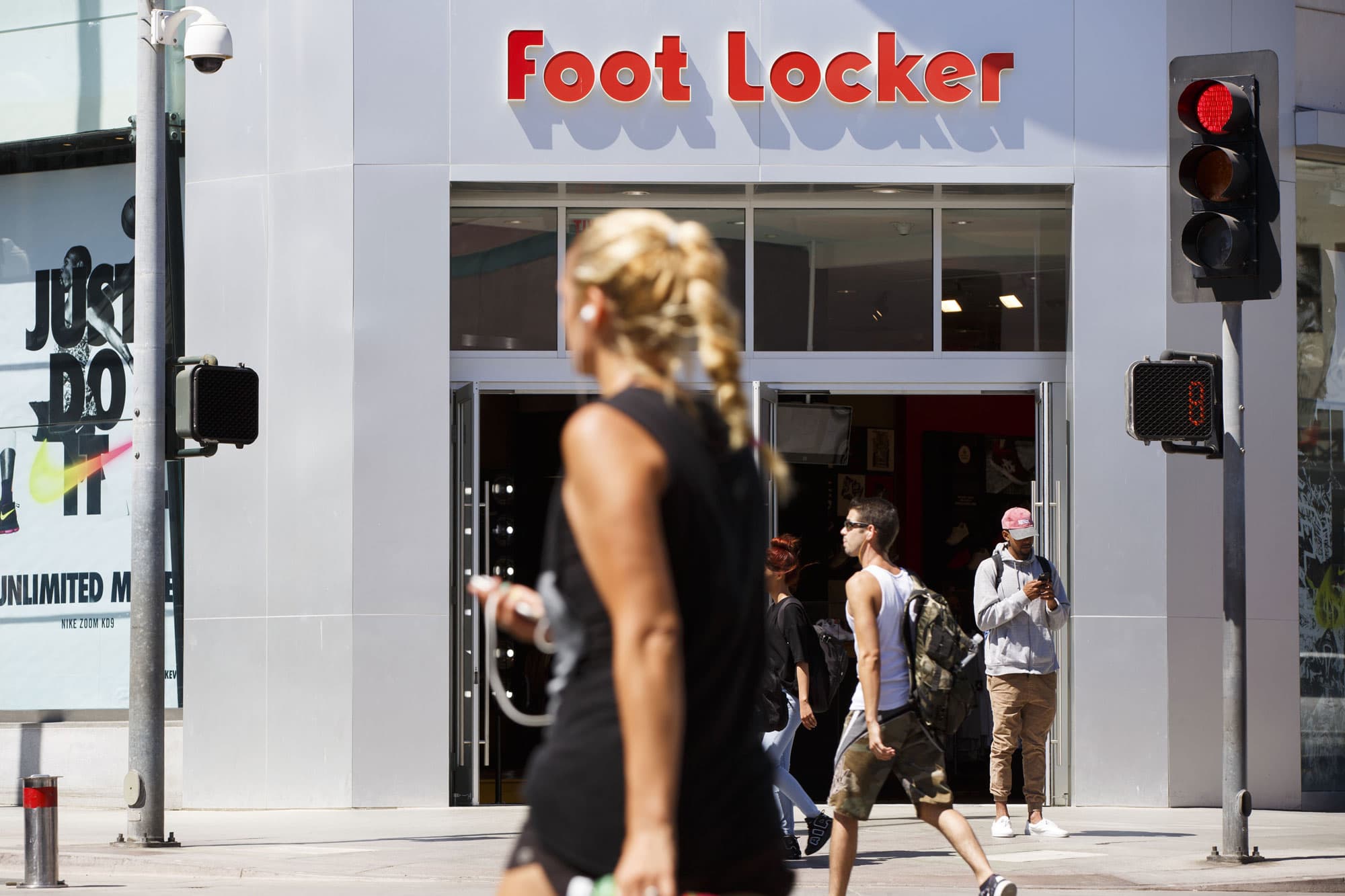Nike beat Wall Street’s expectations for its fiscal third-quarter earnings and revenue, though its margins have continued to shrink as investors watch it for its direct-to-consumer strategies to pay off.
The company’s stock was up about 3.5% in after-hours trading Tuesday.
related investing news
Here’s how the sneaker giant did in its third fiscal quarter of 2023 compared with what Wall Street was anticipating, based on a survey of analysts by Refinitiv:
- Earnings per share: 79 cents vs. 55 cents expected
- Revenue: $12.39 billion vs. $11.47 billion expected
The company’s reported net income for the three-month period that ended Feb. 28 was $1.2 billion, or 79 cents per share, compared with $1.4 billion, or 87 cents per share, a year earlier.
Sales rose to $12.39 billion, up 14% from $10.87 billion a year earlier.
Nike, like other retailers, has been in the process of offloading a glut of inventory brought on by supply chain disruptions and shifting consumer demands that’s been weighing on its margins.
While Nike CEO John Donahoe told investors last quarter he believes the company is past its inventory peak, gross margins were expected to take a hit during the holiday quarter as the company continued liquidation efforts and promotions.
For the last several years, Nike has been working to build out its direct to consumer sales and has invested heavily in the channel by building out experiential stores, developing its loyalty program and growing its e-commerce sales. Along the way, it cut ties with a host of wholesalers but ended up relying on those partnerships during the last quarter to offload its bloated inventory.
On Monday, Foot Locker CEO Mary Dillon touted a “renewed” and revitalized relationship with Nike, its biggest brand partner.
Nike, which has consistently beat Wall Street’s top and bottom line expectations over the last year, has been looking to see a rebound in sales in China, its third biggest market by revenue, as the region recovers from the Covid pandemic. Sales in China have been soft as consumers contended with sweeping lockdowns and rising infections but during the quarter, the country rescinded its zero Covid policy.
A study of consumers in China and North America conducted by Citi found the region is recovering but consumers aren’t back to pre-pandemic shopping levels just yet.






